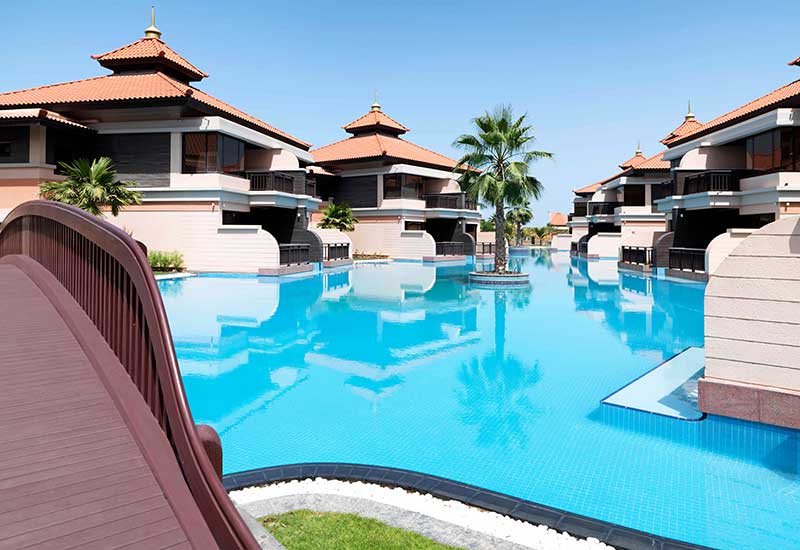With more than 1.86 billion active Facebook users, 284 million active users on Twitter, and more than 700 million Instagram users, the hospitality sector can no longer afford to ignore its social media marketing strategy.
Hotels need to be on social media to be more accessible and visible to travellers. Social media is transforming the way in which all businesses, including hotels, interact with consumers.
Gone are the days when hotels and tourism boards could get away without having a variety of social media accounts.
Now travellers want to search for the hotel, look at its website, its TripAdvisor listing, and social media pages — and, in some cases, even pick a hotel based entirely on the photographs on its public profiles.
“It’s through social media that travellers discover new hotels, restaurants, or destinations to add to their bucket list. One great photo can sell many Instagram users,” said Anantara Al Jabal Al Akhdar director of sales and marketing Firas Rashid, while Anantara The Palm Dubai Resort’s director of marketing communications, Hana Fuchs, believes that having a presence on social media is critical to any hotel brand’s growth.
Agreeing with this is Yasmin Collins, the marketing, communications and PR manager of Lapita, Dubai Parks and Resorts, an Autograph Collection Hotel, who added that hotels should definitely be on all platforms.
“Using social media, hotels can create awareness, build and strengthen relationships with guests, influence decisions, drive revenue, and ultimately strengthen brand image,” Collins said to Hotelier Middle East.
According to Collins, the internet penetration in the Middle East has increased year-on-year and, in 2017, stands higher than the global average. A majority of this audience is actively using social media platforms, so it is imperative for hotels to be on these channels too.
Collins added: “Considering how dependent we are on social media, and the rate at which the digital universe is evolving, we can all agree that social media is definitely here to stay and is a fundamental asset for driving business to a hotel. Hotels that adapt to technological and social trends in these ever-changing times have a competitive advantage. One must move with the times.”
But having a social media presence is not enough. According to Fuchs, it is also important to engage with past, current, and future guests of the hotel, and to listen to their feedback and comments on their stay.
“In many ways, social media is the perfect PR channel, as public relations aims to show, not sell, which is exactly what we are aiming for on our social media platforms,” Fuchs added.
Studies have found that the more ‘Instagrammable’ a hotel, the more people are prepared to pay to book a room, with a study by Internet Marketing Inc showing that 97% of millennials will post on social media while travelling, with three-quarters posting once a day.
Instagram, not surprisingly, continues to be one of the biggest social media platforms for disseminating travel content and inspiration. So it is easy to understand why even hotels in their pre-opening stage, like W Dubai — The Palm, have active Instagram accounts. Another case in point is of the ‘Instagrammable’ Riad Yasmine in Marrakech. In an interview with Mashable, the hotel’s founding duo emphasised that its blogger-focused social media strategy had reaped dividends. The website reported in November 2016 that more than 80% of guests came to the Riad because they had seen pictures of it on Instagram and Pinterest.

| Advertisement |









 Search our database of more than 2,700 industry companies
Search our database of more than 2,700 industry companies









